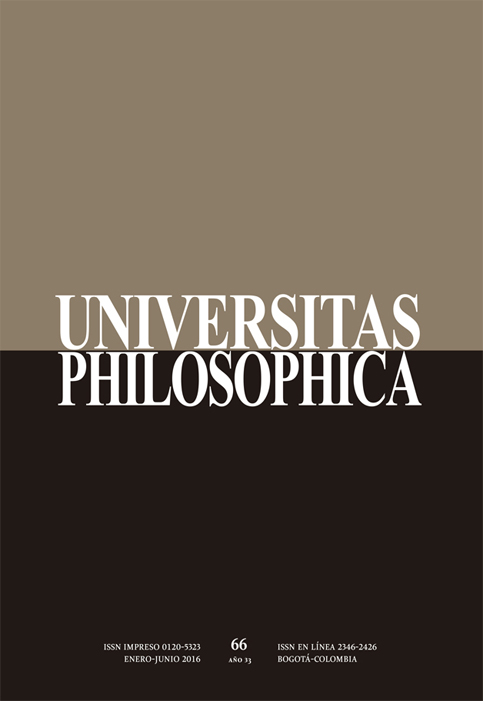Abstract
It is argued here that it is part of our concept of a ‘person’ that persons should be, by its nature, able to endure in time. In no conception of persons as ‘perduring’ entities with different temporal parts for different times, or as sequences of stages in the relation of ‘being a survival of ’ between them, it is possible to make sense of some of our normative intuitions about persons. It is argued also that the traditional psychological theory of personal identity is untenable. Psychological continuity appears to be neither sufficient nor necessary for personal identity. A reasonable conception of persons seems to be either a form of ‘animalism’ where persons are biological organisms, or a theory in which persons are primitive substances, with primitive conditions of identity.
This journal is registered under a Creative Commons Attribution 4.0 International Public License. Thus, this work may be reproduced, distributed, and publicly shared in digital format, as long as the names of the authors and Pontificia Universidad Javeriana are acknowledged. Others are allowed to quote, adapt, transform, auto-archive, republish, and create based on this material, for any purpose (even commercial ones), provided the authorship is duly acknowledged, a link to the original work is provided, and it is specified if changes have been made. Pontificia Universidad Javeriana does not hold the rights of published works and the authors are solely responsible for the contents of their works; they keep the moral, intellectual, privacy, and publicity rights.
Approving the intervention of the work (review, copy-editing, translation, layout) and the following outreach, are granted through an use license and not through an assignment of rights. This means the journal and Pontificia Universidad Javeriana cannot be held responsible for any ethical malpractice by the authors. As a consequence of the protection granted by the use license, the journal is not required to publish recantations or modify information already published, unless the errata stems from the editorial management process. Publishing contents in this journal does not generate royalties for contributors.


